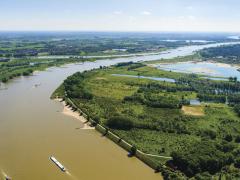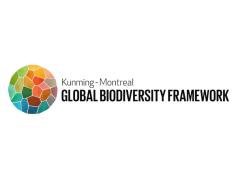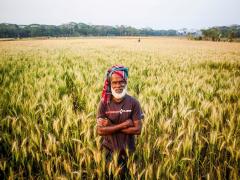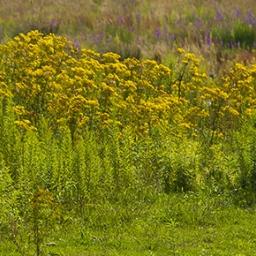Realising the Urban Opportunity: Cities and the Post-2020 Biodiversity Governance
When it comes to ensuring a new deal for nature and people, cities have much to offer. Urban development and urban life are crucial in determining the nature and extent of biodiversity loss as well as shaping how the majority of the world’s population lives with nature. By restoring, conserving and thriving with nature, cities also have much to gain — from addressing climate change to improving the health and well-being of their communities. In 2021, negotiations in the context of the UN Convention on Biological Diversity (CBD) will resume to decide on biodiversity action over the next decade at the 15th Conference of the Parties to the CBD, in Kunming (China). Now is the critical moment to seize the opportunity for embedding an urban perspective throughout the post-2020 Global Biodiversity Framework.
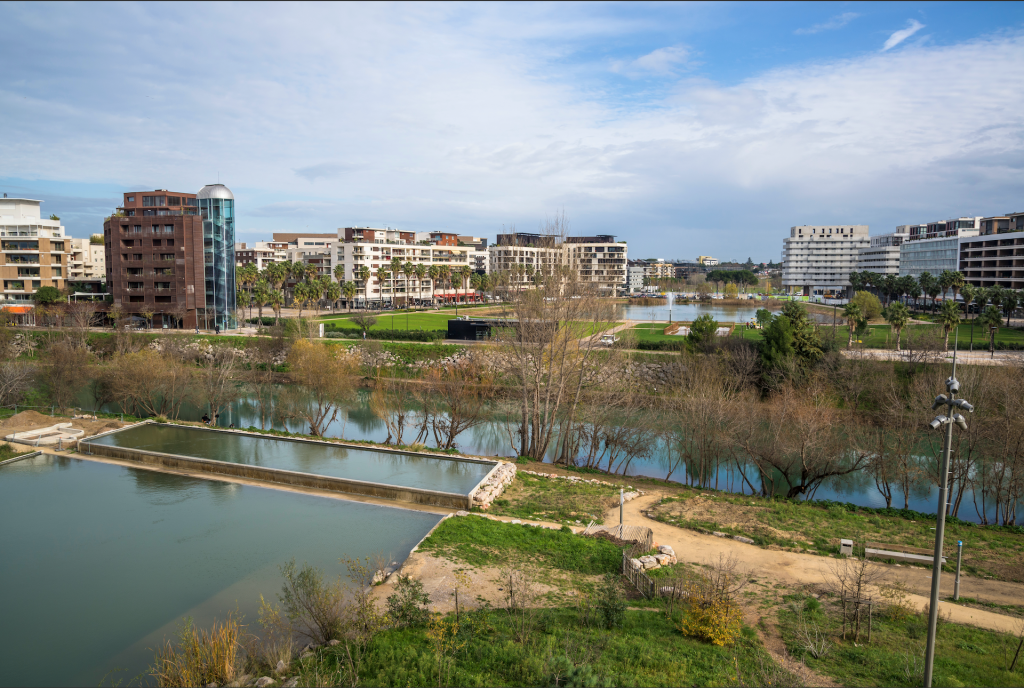
Cities and global biodiversity goals
This policy brief describes the crucial role cities hold for realising global goals for nature. Whether or not the global community is able to achieve its goals for biodiversity over the next three decades will critically depend on how both the threats and opportunities of living on an urban planet are addressed. Advancing transformative change for biodiversity will require municipal authorities and a range of other urban actors to mainstream action on both the direct and indirect drivers of biodiversity loss — from land-use change to sustainable production and consumption — while ensuring that the value of nature and its contribution to people and society is widely recognised across urban communities. In this policy brief, we set out how we can harness the urban opportunity in the post-2020 Global Biodiversity Framework (GBF).
Increasing momentum
Despite increasing the momentum for urban action and a growing rhetoric of including ‘all levels of government’ in the implementation of the GBF, the envisaged role of cities in the CBD is too narrowly drawn. As a result, the range of urban capacities across multiple actors needed for transformative action — from procurement to investment, partnership and experimentation — has yet to be harnessed. In the negotiations, growing calls for a ‘whole of society’ approach to the next decade of biodiversity action mask a continued dependence on the machinery of existing approaches and implementation mechanisms in the CBD, which further limits the degree to which urban actors are likely to engage in the transformative change required to realise global ambitions.
Opportunities for action
Moving forward will require shifting the dial away from seeing cities primarily as a threat to biodiversity to recognising that they offer significant opportunities for action. It will be vital that cities are given a prominent position in the post-2020 global biodiversity framework and its underlying theory of change. This position needs to reflect the potential and responsibilities that cities have for both addressing the loss of nature and enhancing nature’s contribution to people and society in line with the urban agenda. Urban action for nature is already generating significant benefits for cities in terms of climate change, health and urban regeneration. To support the realisation of the urban opportunity for post-2020 biodiversity governance, this policy brief shows the contribution that cities can make, the capacities they bring to the table, and the kinds of co-benefits that are likely to be generated as a result.
This policy brief combines research by partners in the Horizon 2020 Sustainable Cities and Communities Programme NATURVATION project, led by Durham University (UK), as well as PBL research on the CBD post-2020 framework. It is part of a series of policy briefs in which PBL explores the potential of the Action Agenda for non-state action as one of the potential pillars of the post-2020 GBF. Earlier policy briefs explore the Opportunities for the Action Agenda for Nature and People and the role of business towards net positive impacts for biodiversity.
Authors
Specifications
- Publication title
- Realising the Urban Opportunity: Cities and the Post-2020 Biodiversity Governance
- Publication date
- 14 January 2021
- Publication type
- Report
- Page count
- 40
- Publication language
- English
- Product number
- 4247
